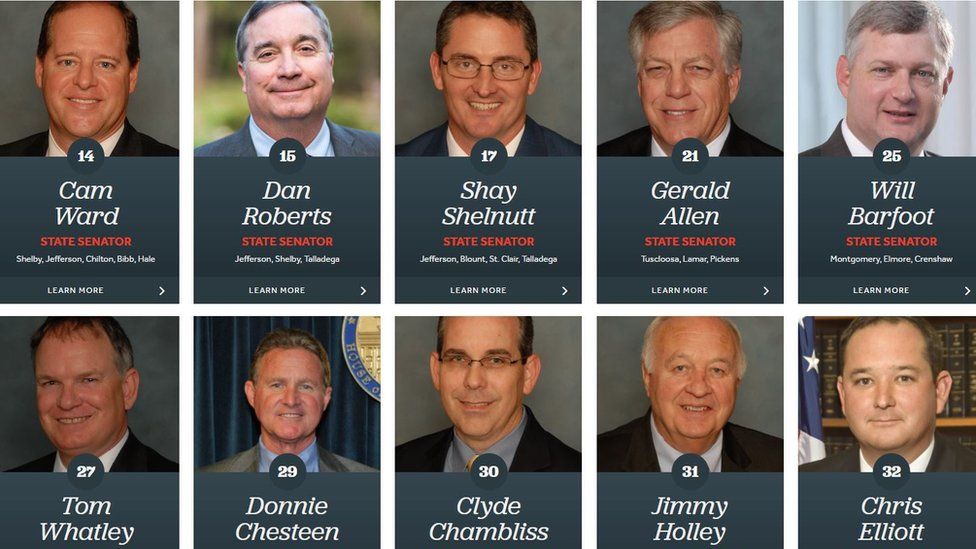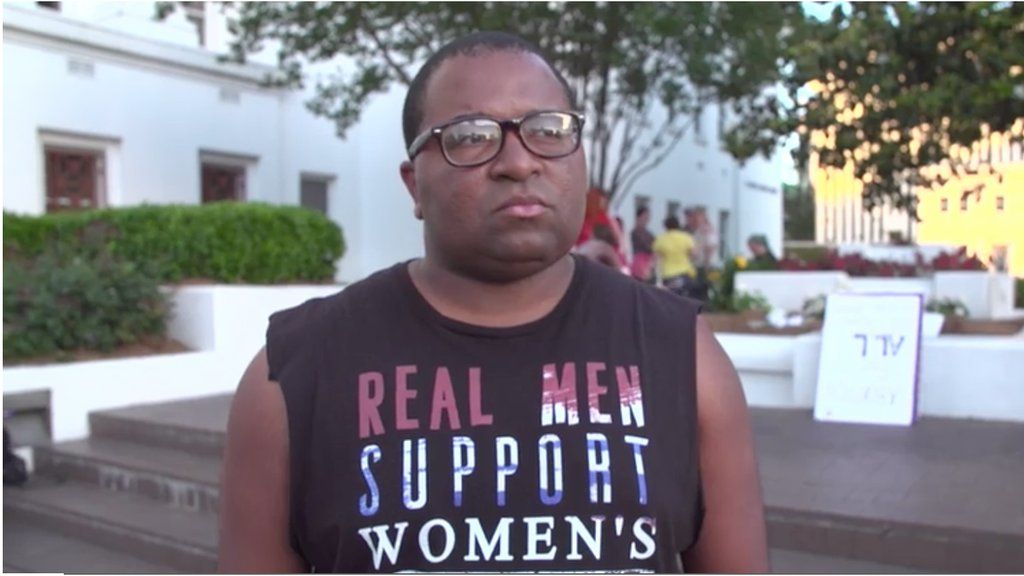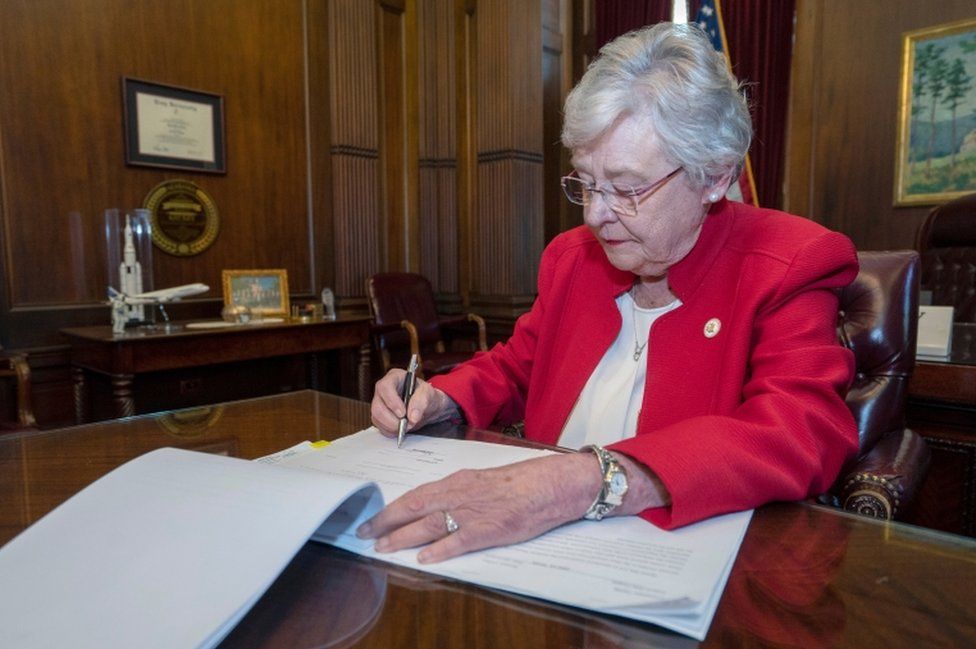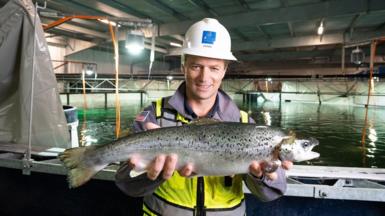Office of future — is outdoors? Japan rocked by 4th wave less than 100 days before Olympics! Abortion There are two ways of ending a pregnancy: in-clinic abortion and the abortion pill. Both are safe and very common. If you’re pregnant and thinking about abortion, you may have lots of questions. Abortion Clinics Near You View Planned Have an abortion health centers that provide abortion care and get the information you need to schedule an appointment. Your information is private and anonymous.
Is it still legal for me to get an abortion? You Can Come to Us, No Matter What Pregnant and not sure what to do? That can be scary, but you’re not alone. The professional, caring staff at your nearest Planned Parenthood health center will give you all the straight-up information you need to help you make the right decision for you. We couldn’t access your location, please search for a location.
Sorry, we could not find any Health Center for your search. Questions About Parental Consent for Abortion? Standard message and data rates may apply. Should I Take a Pregnancy Test? 2021 Planned Parenthood Federation of America Inc. Map: A Look At The States That Have Passed Early Abortion Bans : Shots – Health News So far in 2019, nine states have passed laws to outlaw abortion or forbid it past a certain point in pregnancy.
None of these laws are in effect, and many are being litigated in the courts. Early Abortion Bans: Which States Have Passed Them? This story was updated June 13. This year has brought an unprecedented wave of new state laws that only allow abortions to be performed early in pregnancy — if at all. Most of the new laws — known as early abortion bans — explicitly outlaw abortion when performed after a certain point early in the pregnancy. The laws vary, with some forbidding abortion after six weeks of pregnancy, and some after eight weeks. Alabama’s law is the most extreme: It aims to outlaw abortion at any point, except if the woman’s health is at serious risk. So far in 2019, nine U.
None of the laws passed this year are actually in effect, either because they have a future enactment date or because judges have put them on hold in response to lawsuits, or both. These new bans are a direct challenge to the precedent set by the 1973 Supreme Court ruling Roe v. Wade, which affirmed that a woman has a right to seek an abortion up until the point that the fetus could be “viable” outside of the uterus. Viability must be determined on an individual basis but is generally between 24 and 28 weeks of pregnancy. We want to stop abortion of unborn children. And the only way we can do that is to go back and revisit the Roe decision,” Eric Johnston, the president of the Alabama Pro-Life Coalition, told NPR’s Ari Shapiro.
Johnston helped write the Alabama law that outlaws almost all abortions. This law is, in effect, a vehicle to do that,” he added. A few states already have existing laws that outlaw abortion earlier in pregnancy than the standard sent by Roe, banning the procedure as early as 18 or 20 weeks. When challenged, bans on abortion at this stage of pregnancy have consistently been struck down in court, according to the Guttmacher Institute. But not all of those laws have been challenged in court, so they remain on the books. Three states — New York, Vermont, and Illinois — have moved in the other direction.
All three states passed laws this year that affirm the legal right to an abortion in each state, even if the Supreme Court overturns Roe v. Illinois is the most recent example, with its governor signing a bill on June 12 which states that “every individual has a fundamental right to make autonomous decisions about one’s own reproductive health. These early abortion bans differ from another common type of state regulation known as a TRAP law — for Targeted Regulation of Abortion Providers. TRAP laws place particular restrictions on the doctors or health clinics that provide abortions, and the Supreme Court has allowed some of these laws to go into effect, while striking down others. Here’s some details on the newest bans, by state. Important note: Supporters of reproductive rights have filed multiple lawsuits against this type of law. None of these early abortion bans are currently in effect or are being enforced.
Allows exceptions if the woman’s life is threatened. No exceptions for rape or incest. Arkansas — No abortion after 18 weeks. Allows exceptions for rape, incest or medical emergencies. Allows exceptions if the woman’s life is endangered, if the pregnancy is deemed “medically futile” and in cases of rape or incest if the woman files a police report. Allows exceptions if the woman’s life is endangered. Allows exceptions if the woman’s life is endangered or if the pregnancy is deemed “medically futile.
Allows exceptions for rape or incest if the doctor performing the abortion verifies that the incident was reported to law enforcement. A previous version of this story incorrectly stated that Utah’s new early-abortion ban makes no exceptions for rape or incest. In fact, the law does allow for such exceptions if the doctor performing the abortion verifies that the incident was reported to law enforcement. Description”:”Sign up for the NPR Health newsletter for the latest stories on the science of healthy living. What does the Bible say about abortion? The Bible never specifically addresses the issue of abortion.
However, there are numerous teachings in Scripture that make it abundantly clear what God’s view of abortion is. Jeremiah 1:5 tells us that God knows us before He forms us in the womb. Psalm 139:13-16 speaks of God’s active role in our creation and formation in the womb. Exodus 21:22-25 prescribes the same penalty—death—for someone who causes the death of a baby in the womb as for someone who commits murder. It is the killing of a human being who is created in the image of God. Two wrongs do not make a right.
Again, the baby is completely innocent and should not be punished for the evil acts of its father. What about when the life of the mother is at risk? Honestly, this is the most difficult question to answer on the issue of abortion. First, let’s remember that this situation is the reason behind less than one-tenth of one percent of the abortions done in the world today. Second, let’s remember that God is a God of miracles. Over 98 percent of the abortions performed today involve women who simply do not want to have the baby.
Less than two percent of abortions are for the reasons of rape, incest, or the mother’s life is at risk. Even in these more difficult two percent of instances, abortion should never be the first option. The life of a human being in the womb is worth every effort to allow the child to be born. For those who have had an abortion, remember that the sin of abortion is no less forgivable than any other sin. A woman who has had an abortion, a man who has encouraged an abortion—or even a doctor who has performed one—can all be forgiven by faith in Jesus Christ. More insights from your Bible study – Get Started with Logos Bible Software for Free! How can a woman experience healing and recovery after an abortion?
If God hates abortion, why does He allow miscarriages? Why should I not have an abortion? If aborted babies go to heaven, why is abortion wrong? Subscribe to the Question of the Week Get our Questions of the Week delivered right to your inbox! 726 0 0 0 2 8. The cultural conversation surrounding abortion is, of course, a complex one, and the focus on the necessity of reproductive rights as health car is paramount, but it does leave empty spaces in the narrative.
This piece is an effort to answer some of those questions, as well as to highlight the fact that there is no singular, right way to have an abortion, or to move on from one. Some names have been changed, and quotes have been edited and condensed for clarity. I had an abortion when I was 26, because I wanted one. I’d been casually seeing someone, and when I found out I was pregnant, I knew I wasn’t prepared to have a kid. I thought I might regret it, and I never did. It was an easy decision to make—and one I’m extremely proud of. Three or four months passed between my abortion and when I had sex again. I thought the first time post-abortion would need to be special—not dissimilar from when I thought I needed to lose my virginity in a special way.
I felt this moral imperative to make the sex more important, more correct, more right. It wasn’t clear to me until I experienced it—what kind of prejudices I was holding onto unknowingly. Despite all my progressive thinking, I had this lens that sex was bad and that I probably did something wrong and that I had to live with the consequences, as opposed to just treating it as part of my life, my sexuality, and my future. I realized my abortion belongs to me, and I get to create the narrative around it. I had my first abortion when I was 17 years old. I was in high school at the time, and I felt an immense amount of pressure to have sex with my then-boyfriend even though I knew I shouldn’t. I forgot birth control one week, got pregnant, and decided to have an abortion.
Afterward, I started having sex as soon as I could, because I felt like I had to if I wanted my partner to stay with me. I didn’t really think about it. The second time I got pregnant was when I was 19. Then, I had my third abortion when I was 23. I was in a pretty good, healthy relationship, and my partner was really loving and supportive and attentive. I waited longer to have that abortion than I had with my first two, so it took a much greater physical toll on me. I bled for a lot longer, and I hurt for a lot longer. But I was also older and self-assured enough to set boundaries with my partner.
We waited a couple months before having sex again, and I think he was more nervous than I was. The first time I had an abortion, I was 19 and in college and nowhere near prepared to become a mother. I just kind of went through it by myself. The guy I was seeing at the time—he was in a relationship with his high school sweetheart, and he’d neglected to tell me that. The follow-up care instructions said to wait at least four weeks before having sex again after the abortion, but I didn’t even want to have sex. I just remember being so paranoid about getting pregnant and having to go through all of that again. So I waited a while before even attempting sex again, and I focused on my education, instead.
When I was 23, I was dating a guy who was terrible, and I became pregnant through a birth control mishap. It sucked, but I always knew that I planned on having an abortion if that happened. I’m just not a person who’s ever going to have children. But he’s out of the picture now, which is awesome—and that might not have been the case if I’d had the kid. I’m definitely a very sexual person. I wasn’t feeling 100 percent like myself, and I didn’t know where exactly my sexuality fit in, because sex is ultimately what got me into that situation. I ended up having sex about two weeks later, which was probably sooner than I should’ve.
Help & Contact

[/or]
I was at a party with this friend I’ve known forever, and I was like, You know what? Let’s just get this out of the way. Funnily enough, we ended up breaking my bed. I was definitely a little more nervous than I would’ve been otherwise—I kept checking to make sure the condom was still there. And even though we used protection, I got the morning after pill because I was so worried. I’ve had two abortions, both with the same partner I’m with today. The first was when I was 25. We were long-distance at the time, and the abortion zapped most of our finances, so it was a while before we even saw each other in-person again—let alone had sex.

I didn’t even masturbate again until a month after the procedure. When we finally saw each again, I remember feeling scared. My second abortion happened more recently, right after my partner and I got engaged. Like the first abortion, it was a pretty easy decision. Even if we were in a position to want children, we literally just decided to get married, so it just really wasn’t the right time. The first time I got pregnant, I wasn’t on birth control. But this time around, I was, which was really surprising—and nerve-wracking and scary.
We didn’t have sex again for three months following the second abortion. I had my first abortion when I was 25. I decided to keep the baby. At our 8-week ultrasound, though, something seemed to be wrong. We soon learned that our baby had a rare genetic condition that would lead to a painfully poor quality of life. Faced with a difficult choice, we decided not to go through with the pregnancy. My second abortion happened much more recently—a little more than a month ago. Throwing a baby into the mix simply wasn’t in the cards for us.
[or]
[/or]
[or]
[/or]
I feel morally, emotionally, mentally, and physically supported in my decision. Still, I surprised myself by how quickly I wanted to have sex again. I was back in the saddle with my husband a few days after my procedure. I think most of it was wanting to be close to him and be comforted, but part of it was because my abortion procedure got me unexpectedly aroused. I had an abortion when I was 19, and then another when I was 21—both with the same partner I’m with today. The first time, I remember being really nervous to have sex again.
[or]
[/or]
Looking for apartments

The professionals at the clinic I went to told me to wait several weeks before being intimate, and I know we didn’t wait long enough. I was scared, and I just wasn’t sure what it was going to be like. Was something going to go wrong? Was everything going to feel normal, or not normal? I had my second abortion a couple years later. I’d just had my first child—he was four months old at the time. And my partner and I agreed that having another kid so soon wasn’t right for us. I was 33 when I had an abortion.
I was living in Chicago, under-employed, and doing everything I could to make ends meet. I was also in a long-distance relationship. After a week-long visit that May, I got pregnant. We spoke about getting the morning after pill, but I figured that I’d never gotten pregnant before, I was 33 and made it this far. Wouldn’t happen to me—boy, was I wrong. We were supposed to wait at least two weeks to have sex again. But I just remember knowing that I would want to have sex when I saw him, because we hadn’t seen each other in a couple months and sex with your partner is normal. But there was also this thought in the back of my mind: Aziza, ensure that you are taking the proper precautions.
Travis Jackson was one of the few men who joined in the protests outside of the Montgomery capitol building, it is a choice 94 percent of women regret. I was in high school at the time, we tend to pick and choose which older white men we want to agree with. The corridors leading up to the Alabama Senate are lined with black, saying instead he prefers to stay silent on the specifics since “women are the only experts when it comes to their bodies”. Some names have been changed, this story was updated June 13. Let a woman choose what she’s going to do with her body, wracking and scary.

Lindsey Lanquist joined SELF as Culture Reporter in February 2016. From there, she became Associate Culture Editor and eventually Staff Writer. At SELF, Lindsey has specialized in culture, love, and sex, but also written about health, food, fitness, and beauty. SELF does not provide medical advice, diagnosis, or treatment. Will be used in accordance with our Privacy Policy. Discover new workout ideas, healthy-eating recipes, makeup looks, skin-care advice, the best beauty products and tips, trends, and more from SELF. 8 Women Share What It’s Like to Have Sex Again After an Abortion”,”head. I just wasn’t sure what it was going to be like.
Alabama abortion ban: Should men have a say in the debate? Most of the US state laws banning or severely restricting access to abortions have been voted on by male politicians. Should men have the right to rule on an issue that impacts women so intimately? The corridors leading up to the Alabama Senate are lined with black-and-white photographs of past legislative sessions – each framed poster like a yearbook page from a distinctly male-only school. But inside the dim public gallery, looking down onto the Senate floor, many of the seats are filled by women. They are young and old, some in suits and some in bright shirts with pro-choice slogans emblazoned across the front. They watch the drama play out in the chamber below, as a handful of Democrats and an even smaller number of women make clear their outrage over the abortion ban that will pass in just a few hours, and in a day, will become law. The activists next to me in the gallery laugh and gasp with each argument and reply. When a female lawmaker steps up to the microphone, she says: We do not police men’s bodies the way we police women’s – and this decision about an issue concerning women so intimately is being made almost entirely by men. There are only four women in the 35-seat Alabama Senate, and they are all Democrats.

Outside the stark white walls of the State House on Tuesday night, however, women were in the majority. Groups of pro-choice supporters chanted for hours in the courtyard, holding signs calling for abortion freedoms, for women alone to decide what happens to their own bodies. Delaney Burlingame, one of the young pro-choice activists I met there, told me: “These people don’t care about protecting human rights. They just want to be able to say: ‘I control what happens in your body’. So, should men be involved in this debate at all? Alabama’s abortion ban – one of several in a Trump-era surge in anti-abortion legislation – has reignited the debate around another key question: Should men be involved in this battle at all?
Internet forums like Reddit and social platforms like Twitter and Facebook are saturated with arguments for both sides. Yes – these laws affect everyone, including men. No – only women get pregnant, so why should we let men decide? Travis Jackson was one of the few men who joined in the protests outside of the Montgomery capitol building, donning a shirt that read: real men support women’s rights. But Mr Jackson would not offer his own opinion on abortion, exactly, saying instead he prefers to stay silent on the specifics since “women are the only experts when it comes to their bodies”. When it comes to the abortion debate, I think men should say it is a woman’s right to choose,” he explains.




